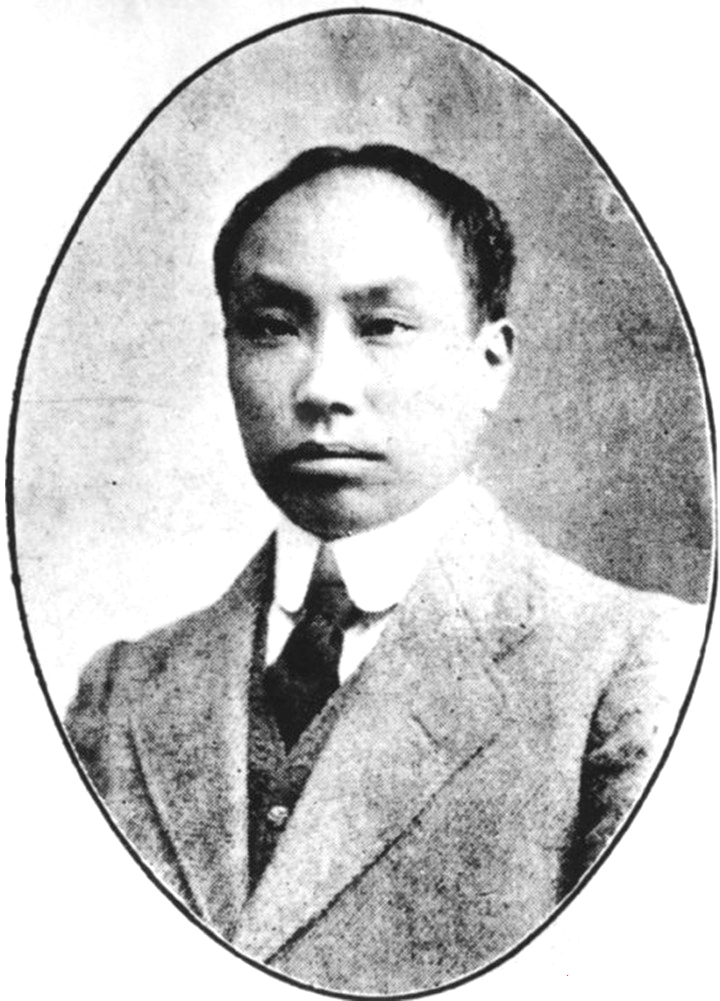New Culture Movement

Chen Duxiu, a great thinker of enlightenment, established the influential vernacular Chinese magazine New Youth in Shanghai in 1915.
Launched under the aim of ideological enlightenment and restructuring values, the New Culture Movement was a cultural revolution in the history of China’s modernization.
A century later, articles written by ambitious intellectuals of the time still touch Chinese hearts. We should remember their efforts and the achievements of the movement, which encourages us to take responsibility for developing the country.
Today, China has entered a new historical period of modernization, and it is vital to re-evaluate the profound meaning of the movement from a historical perspective. The occurrence of the movement was an inevitable outcome of Chinese history.
Starting with the Industrial Revolution in the UK in the 1760s, modernization has become the most profound and significant sociocultural transition in the history of human civilization.
China suffered from internal and external problems starting in the late Qing Dynasty, especially the first Opium War (1840-1842). The New Culture Movement was undoubtedly an important step toward modernization that provided the ideological and cultural foundation for the nation’s development. From the perspective of the modernization of Chinese language, the movement had far-reaching significance on society. The modernization of Chinese language is a process of language standardization based on national requirements, for better transitioning information as well as serving the spread of education and technical progress.
After the May Fourth Movement in 1919, different vernacular works emerged in China, creating a golden period of Chinese literature that spanned 30 years.
The emergence of these works also effected the establishment of national literary language, promoting the formation of common national language. It also ended up the history of speech-spelling separation and consolidated the status of vernacular literature, which finally became a significant tool for Chinese teaching and learning.
The New Culture Movement not only offered a foundation for the nation’s modernization, but also paved the way for the modernization of Chinese language. All of these influences made the movement a significant event in the development history of the Chinese nation.
Huang Dekuan is a professor of Chinese philosophy at Anhui University.
